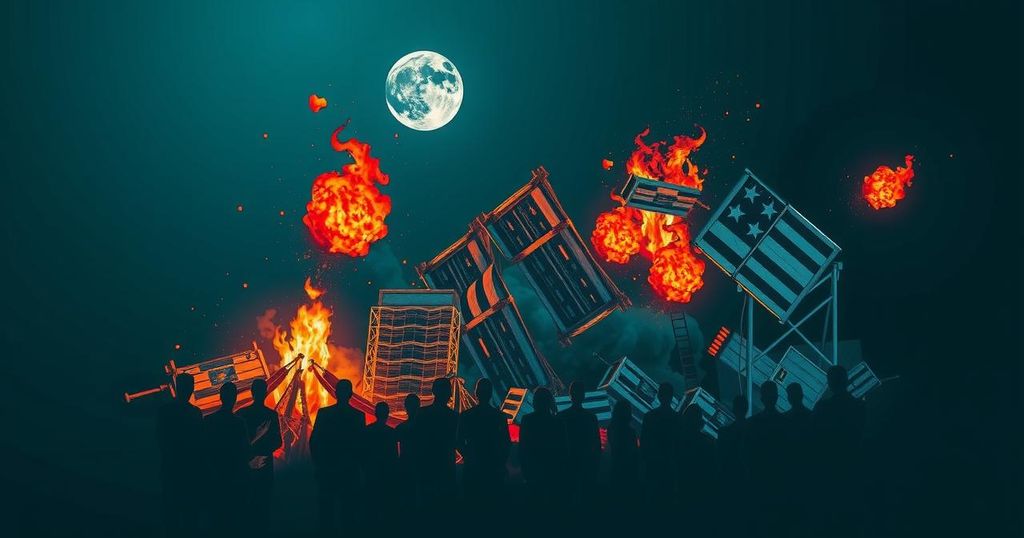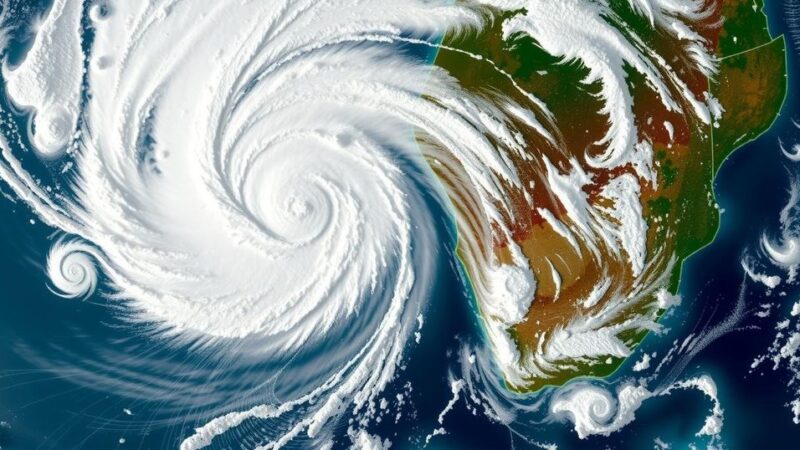At the COP29 U.N. Climate Summit, activists highlighted the detrimental impact of wars on climate negotiations. With personal testimonies from displaced individuals, there is a pressing call for wealthier nations to support developing countries in addressing climate challenges. Ongoing conflicts in regions like Gaza and Ukraine are noted as distractions that hinder progress on climate initiatives, eliciting concerns about international cooperation. Leaders and activists urged a shift from military funding to climate action to effectively address these issues.
During the recent COP29 U.N. Climate Summit held in Baku, Azerbaijan, climate activists highlighted the intertwining challenges of war and climate change. Activist Nisreen Elsaim shared her personal experience of fleeing from civil unrest in Sudan, emphasizing that for nations like hers, resolving climate issues necessitates urgent global action. The summit, dominated by discussions on financial support from wealthier nations to developing countries, faced complications from ongoing global conflicts, particularly in Gaza and Ukraine, which risk distracting from climate objectives and undermining cooperative efforts. World leaders at the summit lamented how extreme weather events exacerbated existing issues such as poverty and resource access, which could further fuel conflict. Ukraine’s war has notably contributed to significant greenhouse gas emissions, while the devastation in Gaza has resulted in the collapse of vital infrastructure essential for environmental sustainability. Activists at the summit called for a redirection of military expenditures toward climate initiatives, arguing that wars divert resources necessary for combating climate change.
The challenges posed by global conflicts at the COP29 U.N. Climate Summit illustrate a critical intersection between warfare and climate diplomacy. With nations like Sudan facing dire consequences due to civil war and complicated by climate-related vulnerabilities, the need for international solidarity and targeted financial support for climate adaptation becomes paramount. Ongoing conflicts, including the war in Ukraine and the Israel-Hamas situation, have detrimental effects on environmental stability and resource allocation, highlighting the urgency for cohesive global climate action.
The COP29 summit illustrated how current wars complicate negotiations surrounding climate action. While the goal of enhancing financial commitments to help vulnerable countries is urgent, ongoing geopolitical conflicts threaten to undermine cooperative efforts crucial for addressing climate change effectively. Activists and leaders stressed the need to prioritize climate initiatives over military expenditures, emphasizing that cohesive action is essential to prevent future crises driven by environmental degradation.
Original Source: apnews.com







